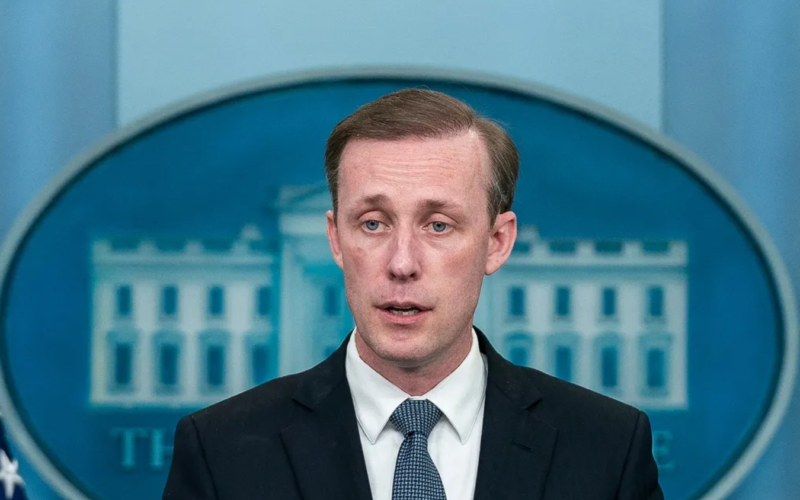In a contentious move, Republicans have obstructed crucial aid to Ukraine, placing the nation’s ability to defend itself against Russian aggression in jeopardy. The decision, which comes amid escalating tensions between Ukraine and Russia, has raised concerns about the implications for geopolitical stability and the ongoing efforts to support Ukraine’s sovereignty.
The blocked aid, intended to bolster Ukraine’s defense capabilities, was met with strong opposition from Democrats and advocates of a robust response to Russia’s assertive actions in the region. The move underscores the deep political divisions on foreign policy matters, particularly those involving Russia, within the United States.
The decision to withhold aid to Ukraine has immediate and far-reaching consequences for the Ukrainian people and their government. As Ukraine grapples with the ongoing conflict in its eastern regions and the broader geopolitical challenges posed by an assertive Russia, international support becomes increasingly vital for its security and stability.
The aid package, which includes military assistance and financial support, was designed to enhance Ukraine’s ability to resist external aggression and maintain its territorial integrity. The denial of this aid not only weakens Ukraine’s defense capabilities but also sends a concerning message about the level of international solidarity in the face of Russian expansionism.
Critics argue that blocking aid to Ukraine is a shortsighted approach that neglects the broader implications for regional stability and the principles of international law. They emphasize the importance of a united front in supporting nations facing external threats and stress the need for bipartisan cooperation on matters of global significance.
The move has also sparked debates about the United States’ role as a global leader and its commitment to promoting democratic values and the rule of law. Many see the denial of aid to Ukraine as a deviation from the country’s historical role in championing the causes of freedom and self-determination.
As the geopolitical chessboard sees renewed strategic maneuvers, the fate of Ukraine hangs in the balance. The denial of aid by Republicans introduces a new layer of complexity to an already intricate international landscape, with repercussions that extend beyond the immediate conflict between Ukraine and Russia.
International observers are closely watching how this development will influence the dynamics between the United States, Russia, and Ukraine. The decision to block aid has the potential to shape the narrative around global cooperation, alliances, and the commitment of nations to upholding the principles that underpin a stable and just international order.
In the aftermath of this controversial move, questions linger about the prospects for future bipartisan collaboration on foreign policy matters. The incident serves as a stark reminder of the challenges inherent in navigating the complex terrain of international relations, where decisions made within domestic political contexts can reverberate across continents, impacting the lives of millions caught in the crossfire of geopolitical struggles.








